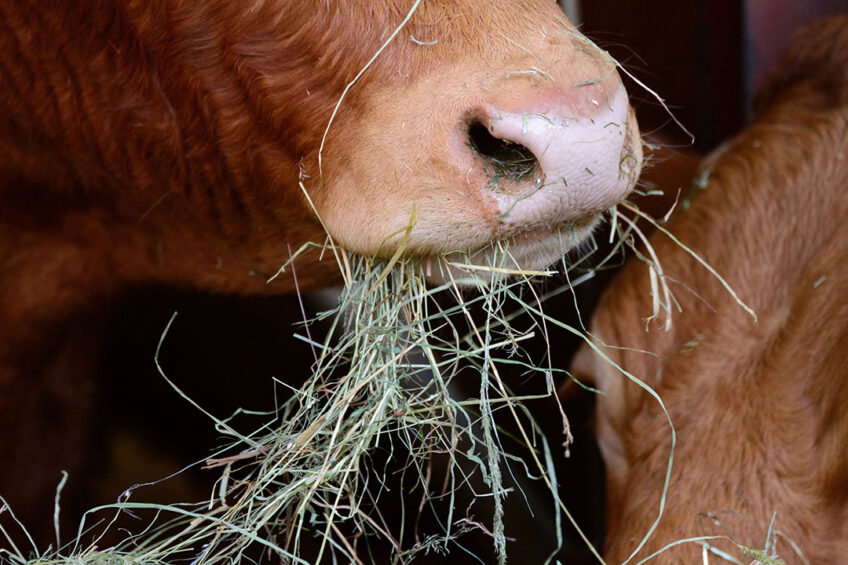Feed investigations following BSE case in Scotland

Routine surveillance and stringent control measures led to the discovery of a case of classical Bovine Spongiform Encephalopathy (BSE) on a farm in Ayrshire, Scotland last week.
The Scottish Government said precautionary movement restrictions had been put in place at the impacted premises. The restrictions also cover animals which have been in contact with the case. This means that 3 farms – the farm of the animal’s origin and 2 more holdings where animals that have had access to the same feed – are under restriction.
Further investigations to identify the origin of the disease are ongoing and the Scottish Government was quick to stress the animal did not enter the human food chain, with Food Standards Scotland confirming there is not risk to human health.
Chief Veterinary Officer Sheila Voas said the fast detection was proof that the country’s surveillance system was doing its job: “We are working closely with the Animal and Plant Health Agency and other partners to identify where the disease came from. I want to reassure both farmers and the public that the risk associated with this isolated case is minimal.”
Routine testing
All animals over 4 years of age that die on farm are routinely tested for BSE under the Government’s surveillance system. Whilst the disease is not directly transmitted from animal to animal, its cohorts, including offspring have been traced and isolated and will be destroyed in line with legislation.
While this is clearly concerning for everyone involved in the farming industry and the veterinary profession, it shows that the comprehensive and robust veterinary surveillance system is effective in detecting potential risk, enabling the authorities to put in place appropriate precautionary measures.
Anna Judson, British Veterinary Association President
No impact on Scotland’s negligible risk status
There has in the past been a considerable cattle trade between Scotland and Northern Ireland. Northern Ireland’s Agriculture Minister Andrew Muir said the single cases would not impact the country’s negligible risk status: “At this stage there are no links to Northern Ireland and this finding will not impact on the BSE risk status.
“Contaminated feed can be cause of BSE and I would urge farmers to ensure they source feed responsibly and are compliant with Transmissible Spongiform Encephalopathy (TSE) legislation including maintaining proper records of feed supplied.
Movement of cattle from Great Britain to Northern Ireland has already been restricted due to the discovery of Bluetongue in cattle in England in November.
There have been no classical cases of UK BSE for three years. The last case of classical BSE in the UK was in Somerset in September 2021. Before that, one case was confirmed in the UK in 2014, 1 in 2015 and 1 in 2018.







